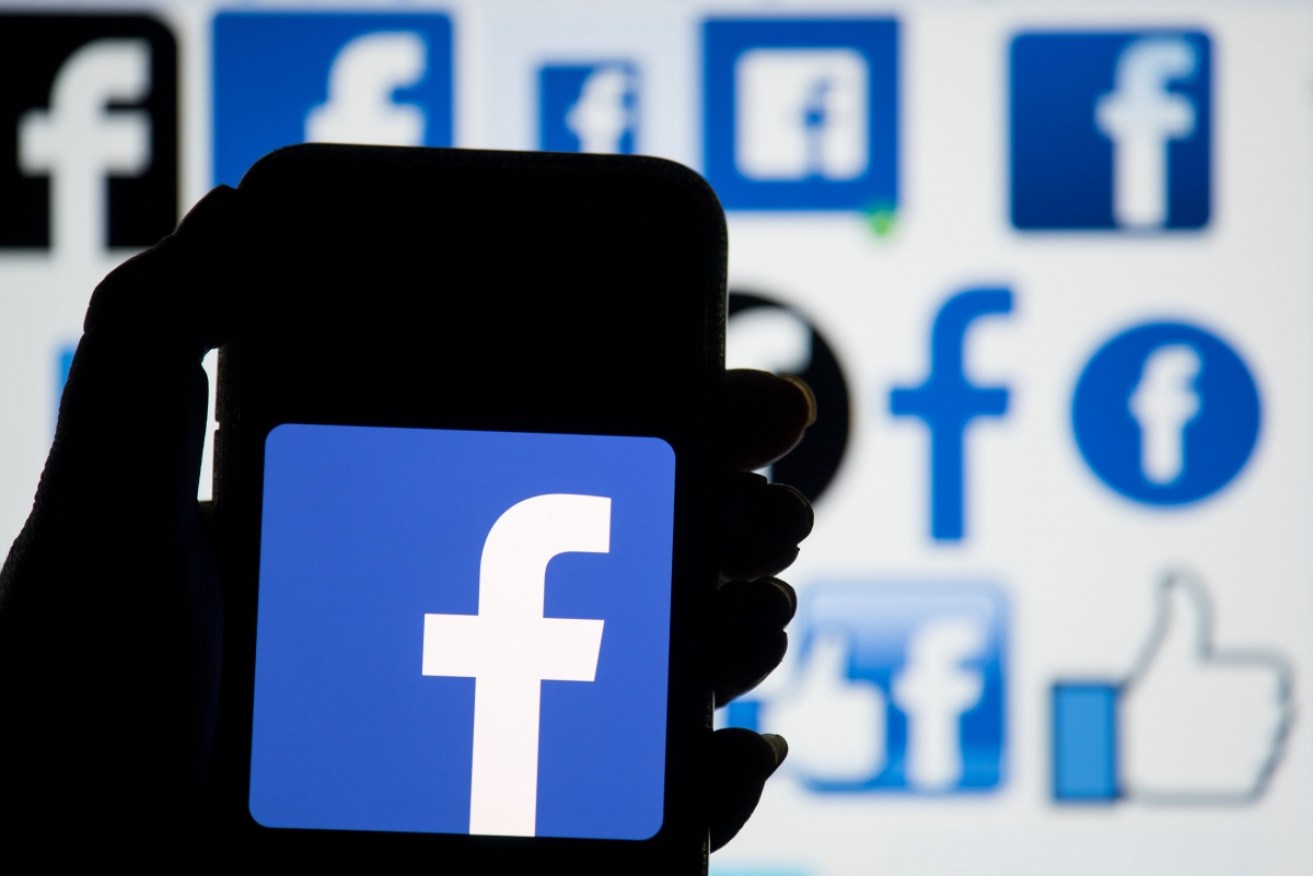How Facebook turns your data into billions of dollars of profit


Hard hit by privacy violations, Facebook is now losing its grip on the teen audience. Photo: AAP
Facebook’s rampant data-gathering practices have endured the scrutiny of the global media in recent weeks, but one question has not really been asked: How exactly does Facebook make money?
The answer is simple and kind of obvious. It makes all of its money from advertising revenue. But it’s more interesting than it may sound, and worth taking a look at.
Facebook is an advertising behemoth. Last year it turned a profit of an almost unimaginable $US16 billion ($A21 billion), and 99 per cent of that came from advertising revenue.
That makes Facebook one of the most profitable companies in the world, and twice as profitable as Australia’s most profitable company, the Commonwealth Bank.
It’s also growing at an astonishing rate, increasing its profits tenfold in just four years.
The audience factory
To ordinary users, Facebook looks like a free-to-use social network. But from a business perspective it is actually a highly efficient, advanced factory that manufactures audiences – you – and sells those audiences to companies.
In other words, when businesses buy advertising space on Facebook, they are buying access to your eyeballs.
This is how Facebook put it in its last annual report: “We generate substantially all of our revenue from advertising. Our advertising revenue is generated by displaying ad products on Facebook, Instagram, Messenger, and third-party affiliated websites or mobile applications.
“Marketers pay for ad products either directly or through their relationships with advertising agencies, based on the number of impressions delivered or the number of actions, such as clicks, taken by users.”
Pinching ad revenue from newspapers
Facebook’s fundamental business model is nothing new. Newspapers and free-to-air commercial TV networks have worked on the same principle for decades – build an audience, and sell that audience to advertisers.
Facebook and The New York Times (and The New Daily, for that matter) are essentially selling the same product – you. But Facebook’s product is of a much higher quality than any newspaper’s or TV network’s, thanks to the reams and reams of data it has about you.
This allows Facebook to tailor ads for a specific audience.
Say you’re a business person, and you’ve just opened a vegan restaurant in Parramatta. You want to advertise this restaurant, but you know that vegan restaurants are pretty niche, and you need to target your advertising at the right people.
Taking an ad out in the local paper or radio station is a very blunt way of advertising. Who knows if a single vegan or vegan sympathiser reads the local paper?
Advertising through Facebook is a much better option. Facebook will be able to identify lots of vegans in the local area. Anyone who has liked a post on a vegan or vegetarian or animal welfare theme will be a good bet.
So you can pay Facebook to target these people. Thanks to its scale and advanced technology, Facebook can charge you a competitive rate for this – and you are pretty much guaranteed to reach the right audience.
The same applies for all businesses, big and small, from a massive bank looking to advertise to prospective home buyers across the country, to the local hardware store trying to reach local tradies.
Google and Twitter operate on broadly the same model. Google has been unbelievably successful, raking in $US66 billion in revenue in 2016, $US59.5 billion of which came from advertisers.
That translated to a profit of nearly $US20 billion.
No privacy
For all the criticism directed at Facebook in recent weeks, the Silicon Valley behemoth is actually pretty honest about what it does with your data.
It clearly states – albeit in somewhat euphemistic language – that it is recording absolutely everything you do on Facebook, and on any site that links to Facebook, and using that information to sell advertising space. Reading the company’s data policy leaves you in little doubt that, in Facebook world, there is no privacy.








